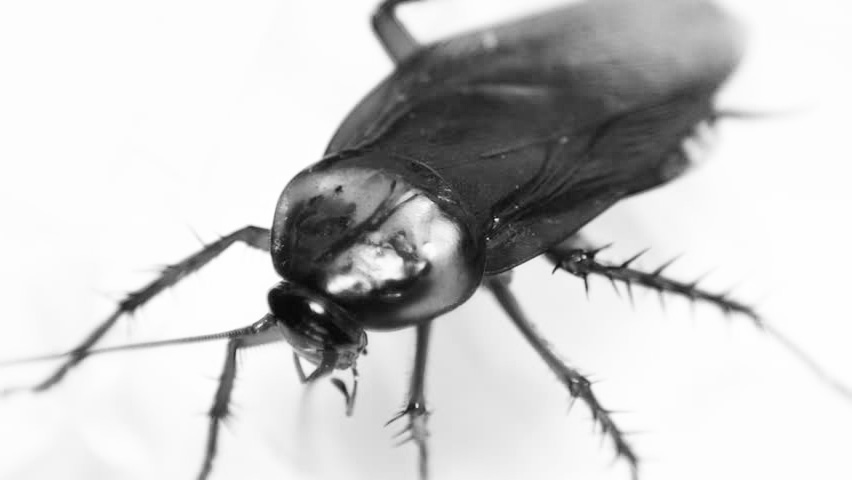Do you ever wonder where pests go during winter? Do they die? Or do they sleep amid the entire season? Insects have a variety of methods to survive the cold season. When winter arrives, most pests go into hibernation, and few migrate to other regions. In this blog, we will learn about how pests survive the harsh winter – and how this may impact you.
Hibernation
Insects are intelligent survivors. Enduring overwintering is not a challenging phase for them. To them, it is like going to sleep and awakening if things get to normal. For example, many large wasps usually seek shelter in roof space or attics. Even the tree holes serve as the common shelter for surviving harsh winter, particularly for butterflies. Some insects even develop glycerol, which naturally acts as an antifreeze property.
Migrate to other regions
Most insects, in order to escape extreme low temperatures, relocate to warmer regions. Crop pests, dragonflies, and Monarch butterflies are the finest examples of this migration. They migrate from northern areas to southern climes to seek shelter, breed, lay eggs and sustain their lives peacefully.
Surviving winter as Larvae
Many insects prefer to spend their entire winter as immature larvae or pupae. They seek shelter in leaf litter or tree holes, which ensure natural protection against cold weather. One such example is the woolly bear caterpillar. Some insects even replace their water bodies with glycerol, a type of antifreeze.
Buried into the soil
Those who can’t spend life as a larva or egg ultimately find shelter inside the soil in lawns and other grassy areas. For example, beetles, earthworms usually lie dormant under the soil. The ground acts as an insulation layer, which helps many inspect to survive the harsh winter.
Does winter mean fewer bugs?
Yes and no. They are less likely to cause a problem during an aggressive winter because they are less active in the winter months. Generally, most insects can tolerate cold weather easily under stable temperatures. The majority of insects & pests suspend their growth, development, and activities and live with a metabolic rate that is sufficient enough to keep them alive. This inactive condition is often termed diapause. Nevertheless, during winter they wait for the appropriate temperatures and come out only when things get back to normal.
Will they come back in the summer season?
Many insects actually do die in the winter, leaving nothing but eggs behind. That means they are replaced by an entirely new generation in the spring. With spring & summer in full swing, pests increase their activity. As spring arrives, the warmer temperatures affect the behavior and development of many common pests, including spiders, rats, and cockroaches. Some of them will try to seek shelter inside your home for food, water, & shelter. We recommend being prepared and taking a proactive approach to their emergence as spring rolls around.
While you may not notice their presence, they could be hibernating and ready to emerge come springtime. That means that you need to continue with pest control services throughout the winter. Early pest control will keep you prepared.

